Understanding the Differences Between Excavators and Bulldozers: A Guide for Beginners.Excavators and bulldozers are two of the most commonly used heavy construction equipment in the industry. Each machine serves a specific purpose and has unique features that make it suitable for various types of projects. If you’re new to the world of construction or simply interested in learning about these powerful machines, this guide will provide you with a comprehensive understanding of the differences between excavators and bulldozers.
1. Introduction
In the world of construction, excavators and bulldozers are often seen working side by side, but their functions and capabilities differ significantly. Excavators are designed primarily for digging, while bulldozers specialize in pushing and moving heavy materials. Let’s dive deeper into the characteristics and uses of each machine to gain a better understanding of their differences.
2. Excavators
Excavators, also known as diggers or hydraulic excavators, are versatile machines equipped with a powerful hydraulic system. Here are some key features and uses of excavators:
H2: Structure and Components
Excavators consist of a rotating platform, known as the house, which supports a boom, stick, and bucket. The house enables the excavator to rotate 360 degrees, providing excellent maneuverability on construction sites. The hydraulic-powered arm allows for precise control of the digging process.
H2: Functions and Applications
Excavators excel in various tasks, including:
- Digging and excavation: Excavators can dig trenches, foundations, and holes with precision.
- Material handling: The bucket attachment allows excavators to lift and move heavy materials.
- Demolition: Excavators equipped with specialized attachments can efficiently demolish structures.
- Landscaping: Excavators are used for grading, leveling, and shaping landscapes.
- Utility work: They are essential for laying pipes, cables, and underground infrastructure.
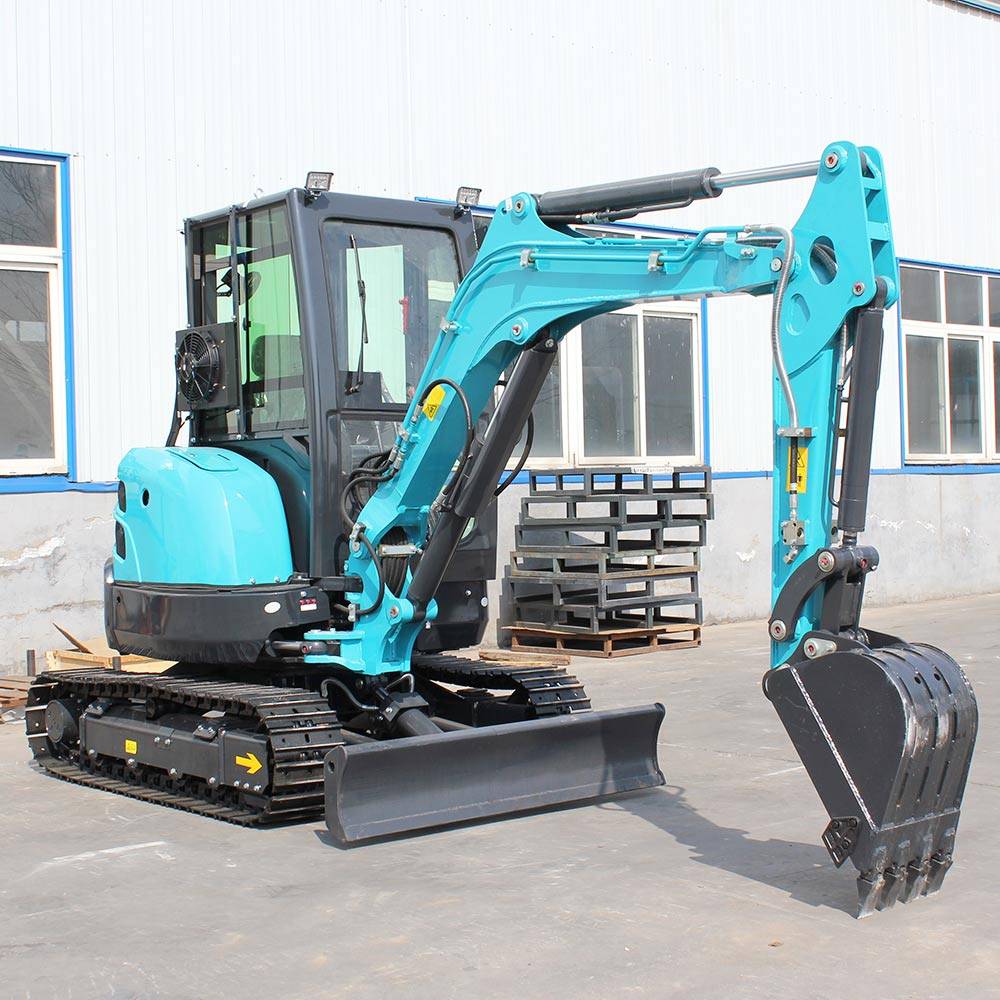

3. Bulldozers
Bulldozers are powerful machines designed for pushing and moving large quantities of soil, debris, or other materials. Here are some important aspects to know about bulldozers:
H2: Structure and Components
Bulldozers have a robust and sturdy structure, featuring a large metal plate called a blade. The blade is mounted on the front of the machine and can be adjusted to different angles and depths, allowing for various tasks.
H2: Functions and Applications
Bulldozers are widely used for:
- Earthmoving: They can push and move substantial amounts of soil, rocks, and debris efficiently.
- Grading and leveling: Bulldozers create level surfaces and smooth terrains for construction projects.
- Clearing land: They are essential for removing vegetation, trees, and obstacles from the site.
- Road construction: Bulldozers are used to construct and maintain roads, highways, and access routes.
- Landfill operations: They play a significant role in compacting waste materials in landfills.
4. Key Differences
Now that we have covered the basic features and functions of both excavators and bulldozers, let’s outline the key differences between them:
H3: Primary Functions
The primary function of an excavator is digging and material handling, whereas a bulldozer’s primary function is pushing and moving materials.
H3: Design and Structure
Excavators have a rotating house and a hydraulic arm, offering 360-degree rotation and enhanced maneuverability. In contrast, bulldozers have a fixed structure with a blade on the front.
H3: Operating Mechanisms
Excavators utilize a hydraulic system to control the movement of the arm, stick, and bucket, allowing for precise and intricate operations. Bulldozers also use hydraulics,
but primarily to control the angle and depth of the blade for pushing and leveling tasks.
H3: Versatility and Applications
Excavators are highly versatile machines suitable for a wide range of tasks, including excavation, demolition, landscaping, and material handling. On the other hand, bulldozers excel in tasks such as land clearing, grading, road construction, and earthmoving.
H3: Terrain Adaptability
Due to their ability to rotate and maneuver, excavators are well-suited for projects in tight spaces, uneven terrains, and areas with obstacles. Bulldozers, with their stability and traction, are more effective on open and flat terrains, making them ideal for large-scale earthmoving projects.


5. Choosing Between an Excavator and a Bulldozer
When deciding which machine to use for a specific project, several factors should be considered:
H2: Project Requirements
Evaluate the specific tasks and objectives of the project. Determine whether digging, material handling, pushing, or leveling is the primary focus.
H2: Cost and Budget
Consider the initial equipment cost, maintenance expenses, fuel consumption, and overall project budget.
H2: Terrain and Environmental Factors
Assess the terrain conditions, including space constraints, soil type, slope gradients, and environmental sensitivity. This will help determine which machine is better suited for the project.
H2: Operator Skill and Experience
Consider the proficiency of the equipment operator and their familiarity with either an excavator or a bulldozer. Proper training and experience ensure safe and efficient operation.

6. Conclusion
In summary, excavators and bulldozers are vital machines in the construction industry, each with its own distinct features and functions. Excavators are versatile and excel in digging, material handling, and precision tasks. Bulldozers, on the other hand, are powerful earthmovers and are highly effective in pushing and leveling operations. By understanding their differences and assessing project requirements, you can make an informed decision on which machine to choose.
7. FAQs
H3: Q: Can excavators perform bulldozing tasks?
A: While excavators can push light materials, their primary function is not bulldozing. For extensive bulldozing tasks, a bulldozer is more suitable.
H3: Q: Are excavators and bulldozers expensive to maintain?
A: Both machines require regular maintenance to ensure optimal performance and longevity. The maintenance costs may vary based on the specific models and usage.
H3: Q: Can excavators and bulldozers work together on a project?
A: Yes, excavators and bulldozers can complement each other on certain projects. They can be used together to maximize efficiency and productivity.
H3: Q: Which machine is better for large-scale earthmoving projects?
A: Bulldozers are well-suited for large-scale earthmoving due to their powerful pushing capabilities and stability on flat terrains.
H3: Q: Can excavators be used for demolition tasks?
A: Yes, excavators can be equipped with specialized attachments such as hydraulic breakers for effective demolition work.
Please show your support and appreciation by liking this prompt if you have found it truly helpful.
Get Access Now: https://bit.ly/J_Umma

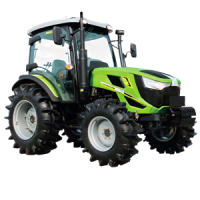
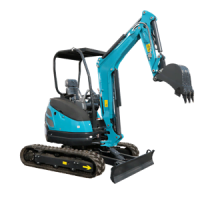
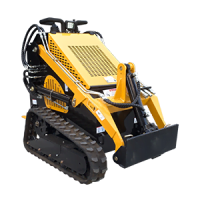
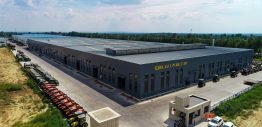
-1.png)